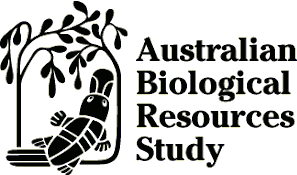Australian Tropical Rainforest Plants - Online edition
Cecropia peltata L.






Linnaeus, C. von (1759) Systema Naturae, Editio Decima 2: 1286. Type: Jamaica.
Trumpet Tree; Snakewood
Fast growing tree to 20 m tall. Stems distinctly hollow, sometimes with pores that enable ants to enter and nest. Stilt roots may be present from 1 m up trunk. Leaf scars are obvious.
Large leaves resembling paw-paw, with 12 deep lobes up to halfway towards base, margins wavy. Midrib distinctly raised near base but flat towards midle and apex. Underside pale, minutely hairy; top side darker, scabrous. Stipules large, bifurcate, hairy, to 15 cm long, green turning pale brown when about to fall. Base of petiole is swollen and has a mass of glands turning black with age, where ants feed.
Male and female flowers occur on different plants. Male flowers in umbellate culsters of spikes 10-18 cm long in culsters of 3-9. Female flowers in spikes 17-30 cm long, in clusters of 2-4.
Fruit cylindrical, ovoid to oblong-ovoid, somewhat flattened, 3.3-3.7 mm long, with soft, sweet flesh around many small seeds.
Features not available.
A serious weed with records of naturalised plants in NEQ, mainly near Mission Beach. Occasional garden plants are found in Cairns, Mackay and Brisbane. Most likely to be found in wetter habitats such as riparian zones and dry rainforest remnants.
Introduced Class 1 weed species, rarely naturalised in North Queensland. Occasional garden plants are found in Cairns, Mackay and Brisbane. Qld Govt (2008).





